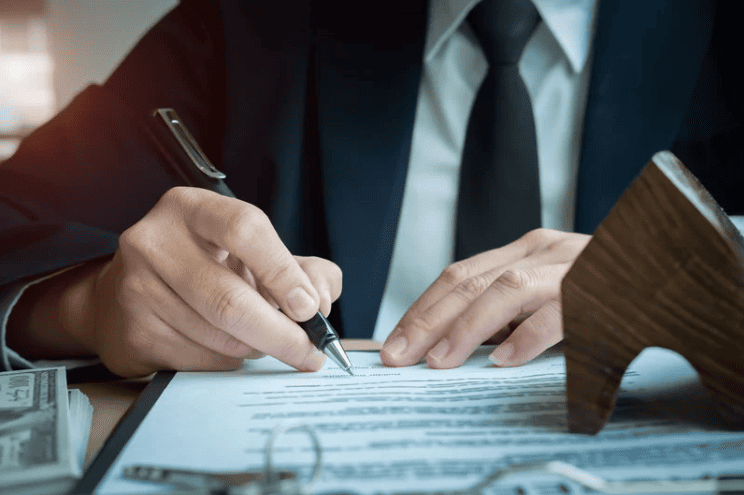
After a car accident, one of the first things you will face is contact from an insurance company. Whether it is your provider or the other driver’s insurer, your steps in these early conversations can directly affect your ability to recover compensation. Insurance companies are not neutral. Their goal is to settle quickly and for as little as possible. If you want to protect your claim, you must know how to deal with insurance after a car accident involving injury.
How to Deal with Insurance After a Car Accident
To avoid harming your claim, you should treat every interaction with the insurance company as part of a legal process. Even casual questions are designed to gather information that they may use to limit your payout. Here are some tips:
- Respond only when ready. You do not need to take the insurance company’s call the moment it comes in. You can wait until you are calm and clear and have the necessary information at hand.
- Stick to facts. Provide only basic information, including your name, contact details, and a brief accident location and time description. Avoid discussing injuries or accepting any fault.
- Do not agree to be recorded. Insurance adjusters often ask for recorded statements early in the process. You are not required to comply, and anything you say can be used to challenge your credibility later.
- Keep written records. Document every phone call or written exchange. Include dates, names, and summaries of the conversations.
- Review documents carefully. Never sign any form, release, or settlement agreement without understanding what it covers. Early offers often do not reflect the full value of your injuries.
Each of these practices helps prevent insurers from gaining an advantage. Protecting your words and actions keeps the focus on your medical treatment and recovery, where it belongs.
Car Insurance After an Accident
Understanding how car insurance works after an accident is key to protecting your rights. California follows a fault-based system, which means the driver who caused the crash is legally responsible for paying damages.
After a crash, you may file a claim:
- With your own insurer under MedPay or uninsured motorist coverage;
- With the at-fault driver’s insurer under their liability policy;
- Or pursue both if the case involves disputes or policy limits.
Car insurance companies investigate accidents to determine who is liable and how much they must pay. If the insurer disputes fault or claims you contributed to the crash, your compensation may be reduced or denied. This is particularly important in California, where comparative negligence rules may reduce recovery in proportion to fault.
Common Insurance Tactics After Injury Accidents
Insurance companies use several strategies to limit payouts, especially when injuries are involved:
- Delaying responses. Adjusters may stall to pressure you into accepting a low offer or giving up entirely.
- Downplaying injuries. Insurers often argue that your injuries are not serious or are unrelated to the crash. They may use gaps in treatment or minor damage to your vehicle as excuses.
- Offering quick settlements. Early offers may seem tempting, especially if medical bills are piling up. However, these offers rarely cover long-term care or missed wages.
- Requesting broad medical records. Some insurers ask for access to all your medical history. This is often a fishing expedition to find unrelated issues that could reduce your claim.
Be prepared to challenge or decline these requests. Your claim should focus on the harm caused by the accident, not on issues unrelated to the crash.
What to Watch for When Speaking with Adjusters
You should approach every conversation with an adjuster cautiously. Avoid giving estimates about how fast you were driving, how you are feeling, or what you could have done differently. These statements may later be reframed as admissions of fault or evidence that your injuries are not serious.
If asked about your injuries, it is safer to say that you are still being evaluated. Many injury symptoms develop or worsen in the days following a crash. You should also avoid speculative answers. If you are unsure about something, it is better to say you do not know than to guess. Inconsistent or inaccurate statements may be used to question your credibility later in the process.
Let a Lawyer Handle the Insurance Company So You Can Focus on Recovery
Dealing with car insurance after an accident isn’t just paperwork—it’s a critical stage that can shape the outcome of your injury claim. You shouldn’t have to second-guess every word or worry about being taken advantage of. The Law Offices of Ali Yousefi, P.C. can step in to protect your rights, manage the conversations, and fight for the full compensation you deserve. Give us a call today to schedule a free consultation.



